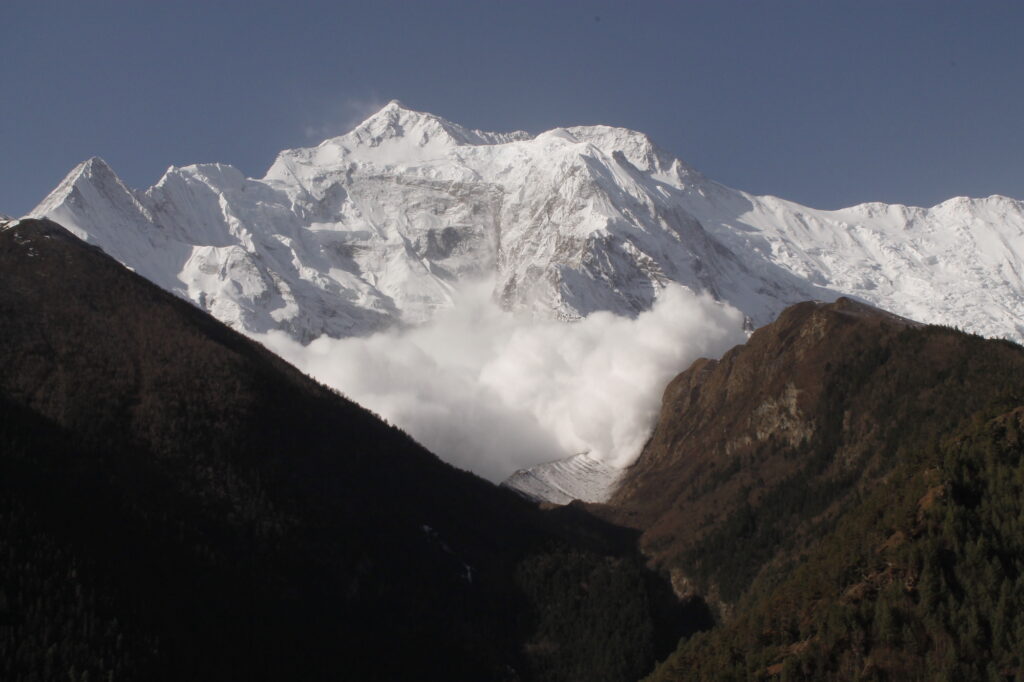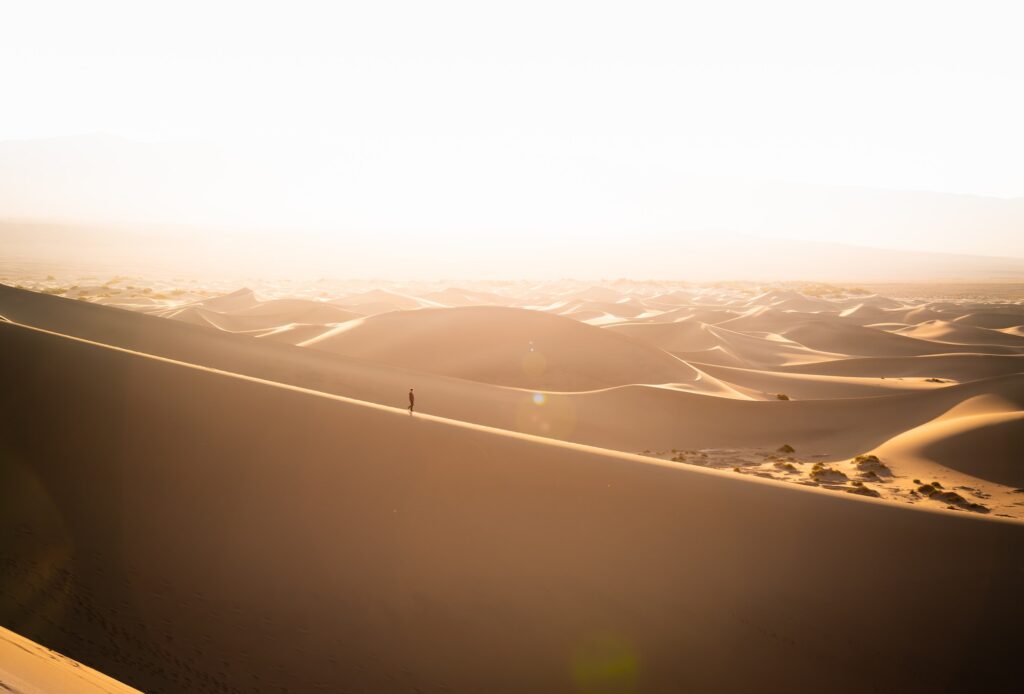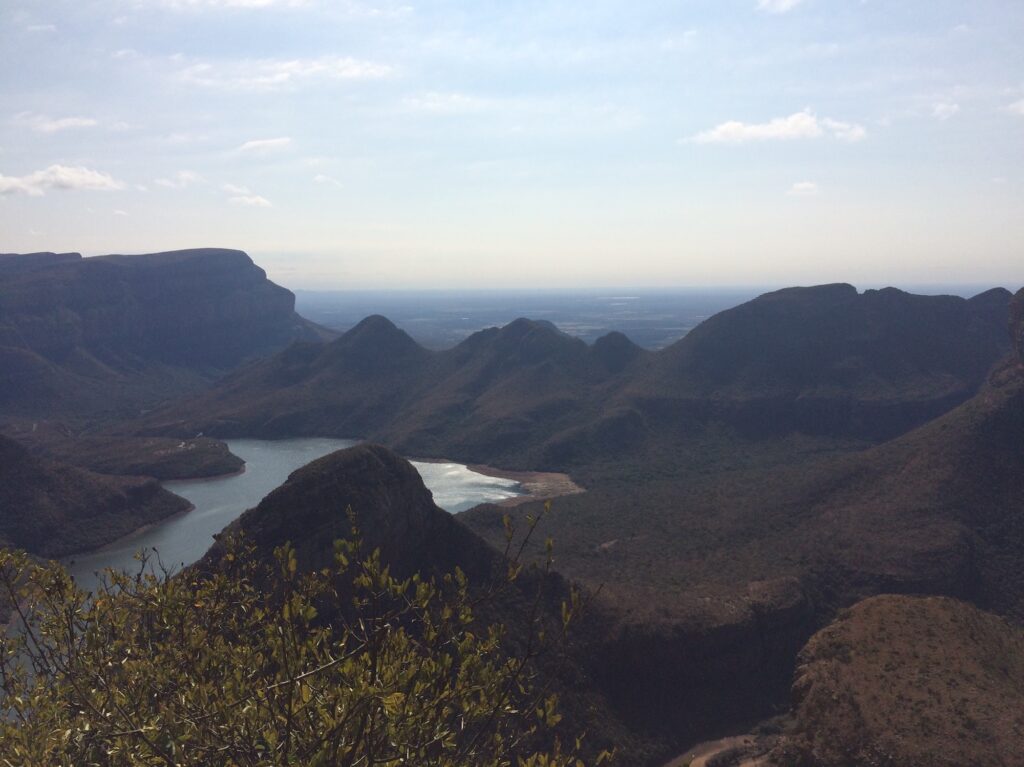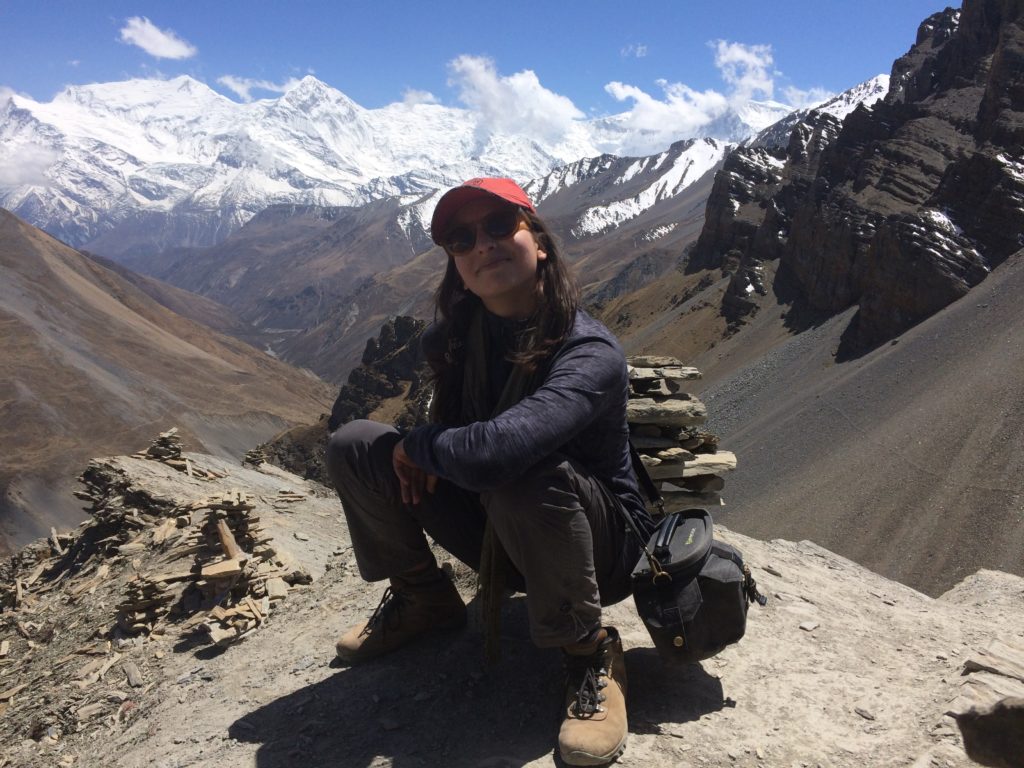I am back again with another Travel Thoughts blog!
The past few weeks we have discussed topics such as simplicity vs poverty, craving culture shock, and last week (which relates to today) the power of nature.
Today I am going to focus on the attraction to sublime landscapes—unscalable mountains, vast deserts, and ocean horizons—and how they affect our mental state and faith. To discuss this, I am going to be sharing some more excerpts from The Art of Travel (Alain de Botton, 2002).
If you prefer to watch or listen you can also check out my Youtube channel!
Nature is Big, We are Small


There are many examples of sublime landscapes on our planet, and many of us who travel strive to visit them.
I want to start by sharing this excerpt from The Art of Travel.
Even when we are not in deserts, the behaviour of others and our own flaws are prone to leave us feeling small. Humiliation is a perpetual risk in the world of men. It is not unusual for our will to be defied and our wishes frustrated. Sublime landscapes do not therefore introduce us to our inadequacy; rather, to touch on the crux of their appeal, they allow us to conceive of a familiar inadequacy in a new and more helpful way. Sublime places repeat in grand terms a lesson that ordinary life typically introduces viciously: that the universe is mightier than we are, that we are frail and temporary and have no alternative but to accept limitations on our will; that we must bow to necessities greater than ourselves.
This is the lesson written into the stones of the desert and the ice fields of the poles. So grandly is it written there that we may come away from such places not crushed but inspired by what lies beyond us, privileged to be subject to such majestic necessities. The sense of awe may even shade into a desire to worship.
(Alain de Botton, 2002).
When I find myself in sublime places, the thought in my mind usually goes like this:
I am so small in this massive world.
This may seem negative, but this feeling of smallness is more of a relief. It’s a realization that there are many things in our world beyond our control. Nature is much much greater than we are, and de Botton describes how nature graciously reminds us of our limitations.
Think of an avalanche.
I actually witnessed the cracking and tumbling snow of an avalanche from the opposite side of a large valley while in the Annapurna mountains. Had I been within the range of the falling ice and snow, would I be able to stop it? No. Though this may seem grim, it’s a realistic reminder that there are many things in this world beyond our control, and it would be a waste of energy to try and fight them.
Beyond natural disasters, there are problems within our personal lives which it may also do more harm than good to try and fight endlessly. In a way, practicing this acceptance of things beyond our control, we are practicing the art of letting go.
Can Nature Replace Faith in God?


The next important point made about sublime landscapes, is their potential to replace religion’s purpose.
De Botton eludes to this at the end of the previous excerpt, “The sense of awe may even shade into a desire to worship.”
Here, de Botton links the waning of belief in God to the desire to reach sublime landscapes.
It is no coincidence that the Western attraction to sublime landscapes developed at precisely the moment when traditional beliefs in God began to wane. It is as if these landscapes allowed travellers to experience transcendent feelings that they no longer felt in cities and the cultivated countryside. The landscapes offered them an emotional connection to a greater power, even as they freed them of the need to subscribe to the more specific and now less plausible claims of biblical texts and organised religions.
The link between God and sublime landscapes is made most explicit in one book of the Bible. The circumstances are peculiar: God is asked by a righteous but desperate man to explain why his life has become full of suffering. And God answers him by bidding him to contemplate the deserts and the mountains, rivers and ice caps, oceans and skies. Seldom have sublime places been asked to bear the burden of such a weighty, urgent question.
(Alain de Botton, 2002).
The part of the bible he is referring to is the book of Job, but this blog isn’t a bible study so if you want to know more you can search that up.
I want to focus on the feelings of transcendence that one achieves in seeing sublime landscapes.
I relate to this a lot, and believe this must be similar to my feelings of ‘smallness’ when I am faced with endless horizons on the coast, or high mountain peaks above me.
I know for certain I am not the only one who feels similarly about these sublime landscapes.
While I was in Nepal, a girl I volunteered with gave me advice about which treks to go on.
She had trekked through the Manaslu range, the Annapurna circuit, and feeling she wasn’t done yet, decided to trek up to Annapurna base camp before retiring from the mountains. She warned me:
Once you get out there, you won’t want to leave. I became addicted to the mountains.
It seems she too had an unquenchable thirst for sublime landscapes.
I know very few people that are religiously active (i.e. attend church regularly), however I know a good chunk of people who find great joy and satisfaction in travelling to sublime places.
Perhaps sublime landscapes in some ways have replaced our spiritual needs as human beings.
Accepting Things As Beyond Our Control


I think this last bit will appeal to my nature loving friends out there.
If the world seems unfair or beyond our understanding, sublime places suggest that it not surprising that things should be thus. We are the playthings of the forces that laid out the oceans and chiselled the mountains. Sublime places gently move us to acknowledge limitations that we might otherwise encounter with anxiety or anger in the ordinary flow of events. It is not just nature that defies us. Human life is as overwhelming. But it is the vast spaces of nature that perhaps provide us with the finest, the most respectful reminder of all that exceeds us. If we spend time in them, they may help us to accept more graciously the great, unfathomable events that molest our lives and will inevitably return us to dust.
(Alain de Botton, 2002).
My reaction to this excerpt:
Wow—just wow.
There’s no way we can stop a hurricane from turning or an avalanche from falling. The power of nature is of course beyond us, but there are many aspects of human life which are beyond us as well.
Often times, the need and desire to control what occurs around us can ‘molest’ us or otherwise cause anxiety and suffering. As de Botton argues, I too believe that nature has the power to help us understand our place in this vast world (and universe!) which can graciously allow us to come to terms with situations which cause suffering. I will leave you with my thought on this:
I doubt most of us consciously seek out sublime landscapes for this purpose, but perhaps unconsciously we realize the ability of these places to bring peace within ourselves.


That’s all I’m going to discuss today. If you have any additional thoughts or comments about this, please leave me a comment below.
You can also keep in touch with me via Facebook and Instagram where I share similar content regularly. If you know someone who might find this blog interesting, please share it with them!
I hope you enjoyed reading, and that it opened up your mind to the powers of nature on our planet.
Next week I will be sharing some more Travel Thoughts so stay tuned (subscribe to my email list!)
Thanks for reading, and happy travels to sublime landscapes!
Much love,
Dee


Pingback: How to Bring Home the Traveller's Mindset: Being Receptive - DeeOverseas